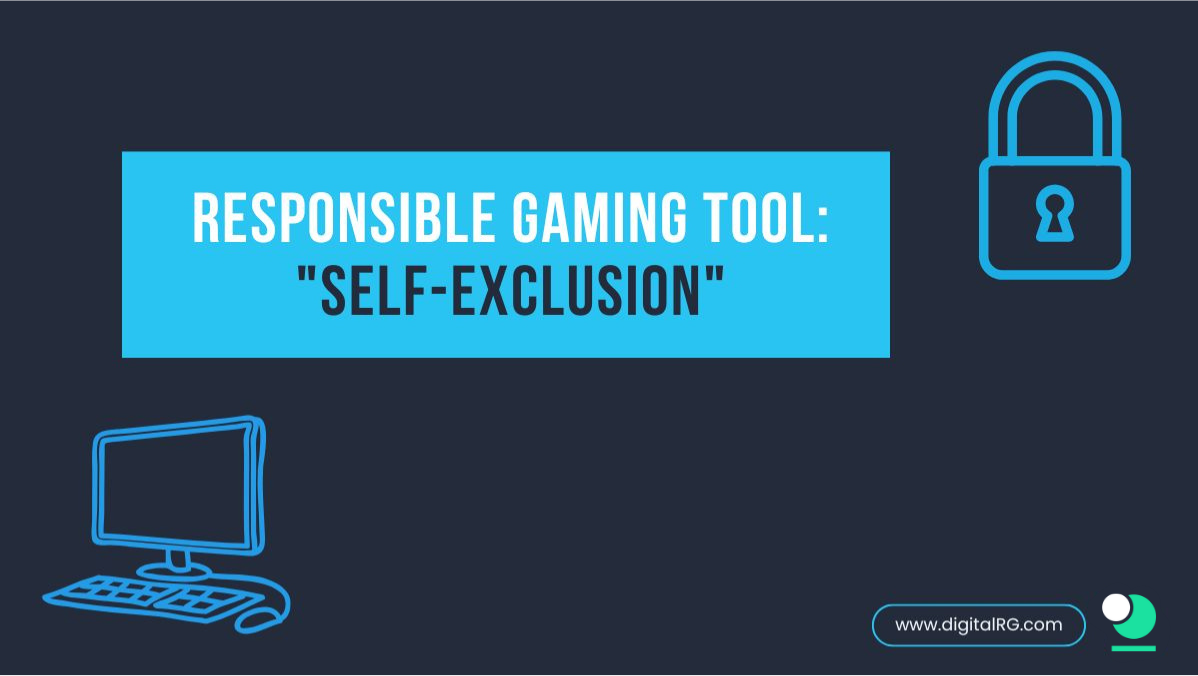Sports Integrity and Manipulation

Sports Integrity and Manipulation
The world's most prominent global sports competition, the Olympic Games, dates back to 760 B.C. Of course, at the time, it was a purely Greek event. According to David Goldblatt’s research, manipulation of sports events, in many different forms, can be traced back to these contests. Indeed, match-fixing and manipulation have existed since the beginning of sports competitions.
Types of Manipulation
Firstly, it is essential to understand that there are different forms of manipulation when it comes to sports:
- Fixing - This means altering a competition to win money through sports bets or to ensure that a third party wins their bet.
- Inside Information - This is sharing private information, such as tactics and injuries, to fix results or alter betting patterns.
- Tanking - This is deliberately losing a game to gain an undue sporting advantage in a competition. For example, an athlete deliberately loses a tournament to compete against easier opponents.
- Sports Betting and Betting Prohibition - When athletes, their entourage or officials bet on their sport, which can lead to manipulation of the competition. For example, betting on themselves to lose.
- Doping - Taking substances to raise performance levels.
Motives for Match-Fixing
Gaining success in the sports world is highly competitive. Athletes sometimes see doping as a way to expedite this and get them closer to achieving a specific goal. An ever-diversifying number of substances has led to higher doping figures and better competition results, triggering more doping.
Why would someone accept bribes from third parties? Most athletes do not earn high salaries. The big stars who make millions are those we most often see on TV and in our news. Behind them are hundreds of sportspeople who invest their own money into their sport and do not earn a large living from this. As they progress through competitions, this can mean investing hundreds of thousands of euros. Therefore, the attractiveness of making more can be pretty high.
Changing the Game
While previously, such fraud was locally restricted and remained underground, this changed with the advent of the online gaming industry. Suddenly, it was possible to compare odds worldwide; one also knew the amounts bet globally on specific outcomes. Fraudsters could manipulate events from anywhere in our globalised world, but these manipulations also became more traceable.
Online gaming operators set up warning systems to inform each other about unusual transaction patterns. Warnings could lead to betting on events being blocked or cancelled. Accompanying this, education programs were launched to educate athletes about the risks of accepting bribes and doping. Political and enforcement institutions set up programs to investigate match-fixing and fight connected organised crime. They began working closely with sports federations, creating a more united front.
Mitigating the Risk
Reports on the occurrence of match-fixing and manipulation divulge vastly different figures. Where some stress a steady increase, others report fluctuations and vice versa. This demonstrates how difficult it is to identify match-fixing, even in our highly connected world. Unusual odds or betting amounts may be a sign of fraud. However, these are only possible signs and trigger alerts with partners and sports federations. Match-fixing still often occurs offline, via middlemen, organised in one country and then transpiring in another.
So, what needs to be done to mitigate these risks? Without the involvement of athletes, this fraud cannot occur. That is why it is vital to start with educational programs about the risks of doping and bribery for athletes. Anonymised reporting of suspicious situations and the prohibition of athletes placing bets are further measures already widely implemented. In addition, the suspension of fraudulent athletes is a standard tool used by sports federations.
To mitigate the maximum amount of risk, we must go further. Cooperation with enforcement entities is crucial. Indeed, laws must also include match-fixing as a criminal offence. In many jurisdictions, one has to sue match-fixers indirectly for fraud, bribery or cheating. Making it easier to prosecute match-fixers would help deter fraudsters in the future.
The Game Itself
Last but not least, one would have to question ‘the game’ all over again. As long as sports results have to get increasingly better, demands on athletes will continue to grow. However, bodies cannot be charged endlessly.
Concerning bribery, we must question whether a specific redistribution of funds could be considered. While a few earn millions, many earn nothing, presenting potential food for thought.
The globally connected world in which we now live has presented an opportunity for match-fixing and prevention. Sports federations and integrity organisations must work together to ensure that the latter prevails and a unanimous front is presented.
Category
Other Blogs

April 22, 2022
The Meteoric Rise Of Esports

April 12, 2022
Responsible Gaming Tool: "Self-Exclusion"

April 04, 2022
Minimum Gambling Age and Why Regulators Believe it is Important

March 31, 2022
Loyalty and Rewards Programmes for Players

January 20, 2026
Mystery Shopping en point de vente

January 20, 2026
Mystery Shopping no Varejo

January 20, 2026
Compras Misteriosas en el Comercio Minorista

January 15, 2026
Retail Mystery Shopping: Strengthening Age Controls and Responsible Sales at the Point of Sale


